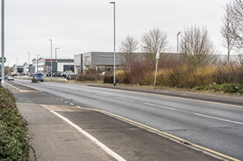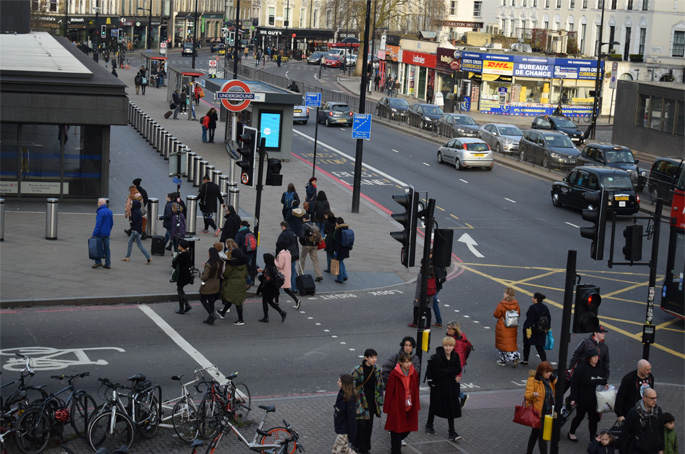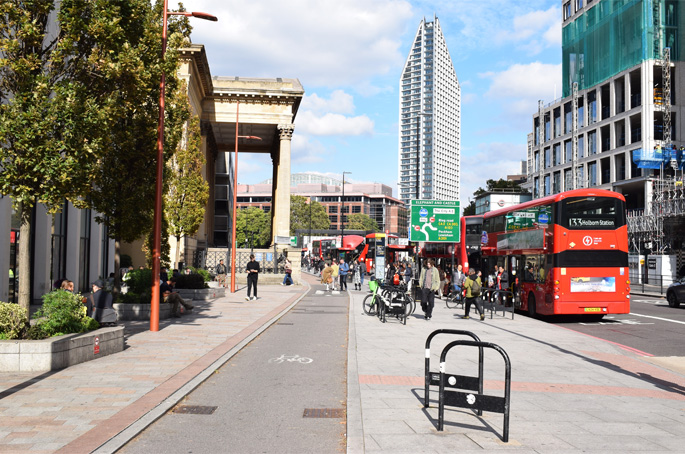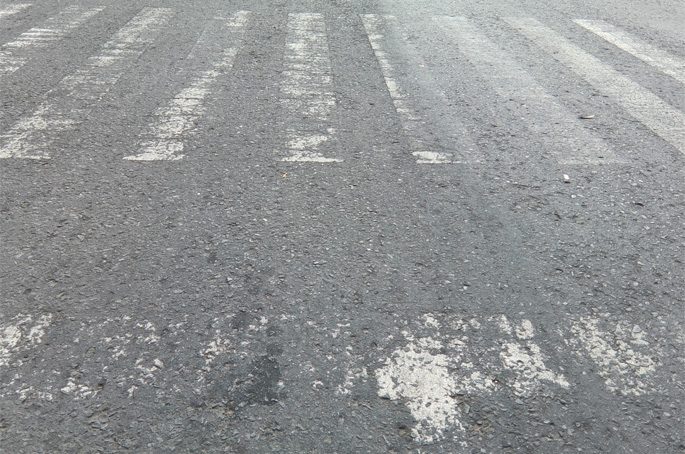Campaigners have threatened ministers with legal action over the decision to slash spending on walking and cycling for the last two years of the current Parliament.
Transport Action Network (TAN) argues that ministers unlawfully bypassed legal processes and that the cut will have a domino effect, ‘toppling wider government promises to protect the climate, clean the air and level up the country'.
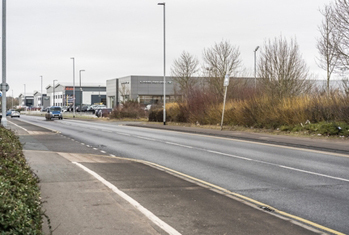
It added that current funding was already insufficient to meet the Government's target of half of shorter urban journeys being walked or cycled by 2030, but that its clean air and climate plans earlier this year assumed the target would be met,and so were made under contradictory assumptions'.
TAN director Chris Todd said: ‘Legally binding targets to cut carbon and air pollution rely on big increases in walking and cycling by 2030. But official forecasts predict we'll miss this ambition by a mile.
‘Rather than increasing effort, ministers seem to be deliberately sabotaging these efforts.
‘Taking £200m of active travel funding out would be the Jenga block that makes climate, air quality, levelling up and health plans all come tumbling down.'
TAN is seeking to crowdfund £40,000 to pay for its legal costs and is represented by David Forsdick KC and Charles Bishop of Landmark Chambers, instructed by Leigh Day, who expected to issue a claim in the High Court on Tuesday (6 June).
Leigh Day solicitor Rowan Smith said: ‘It appears the Government hasn't followed its own statutory rules in this area so TAN wants the Court to question whether what has been done is lawful.'
A Department for Transport spokesperson said it ‘cannot comment on possible legal proceedings', but added: ‘We are committed to delivering safe and inclusive active travel infrastructure to enable everyone to build healthier journeys into their daily lives.'

